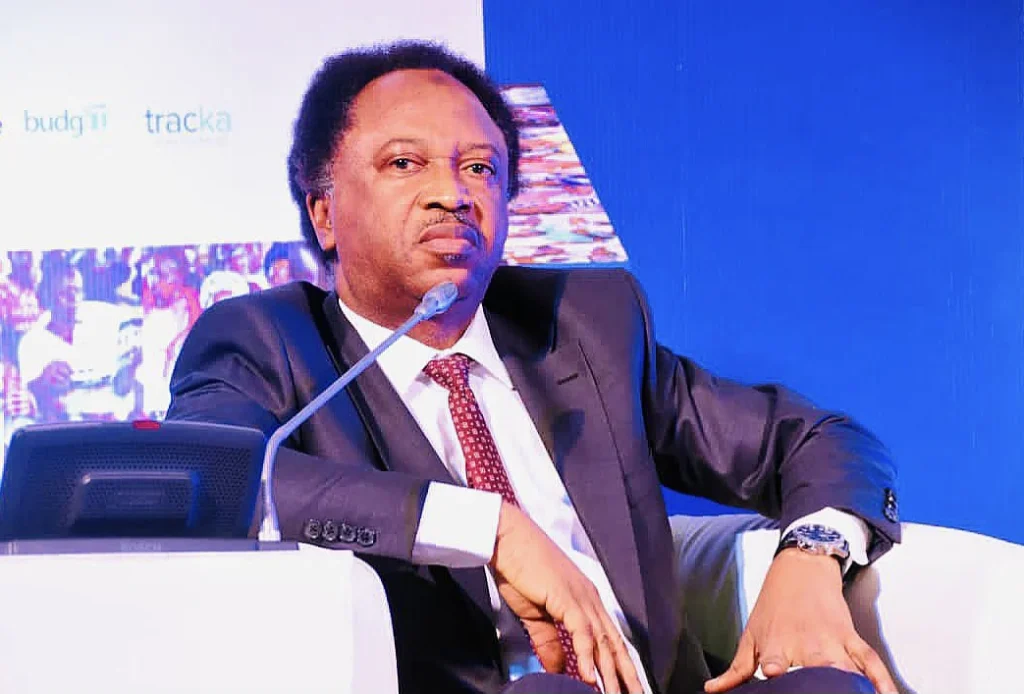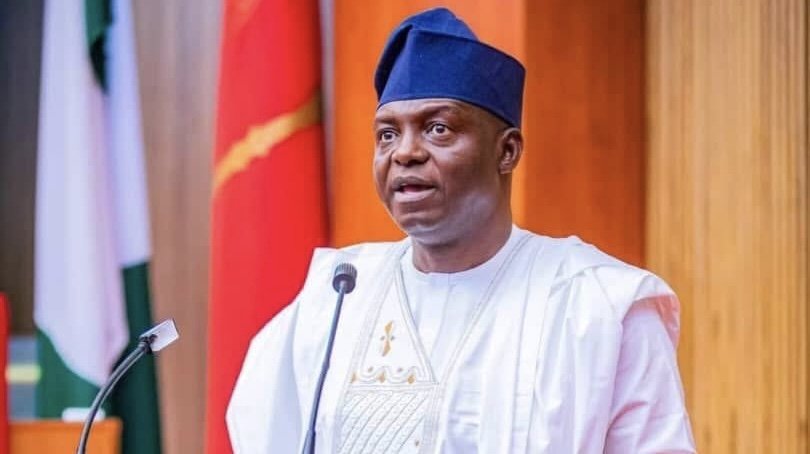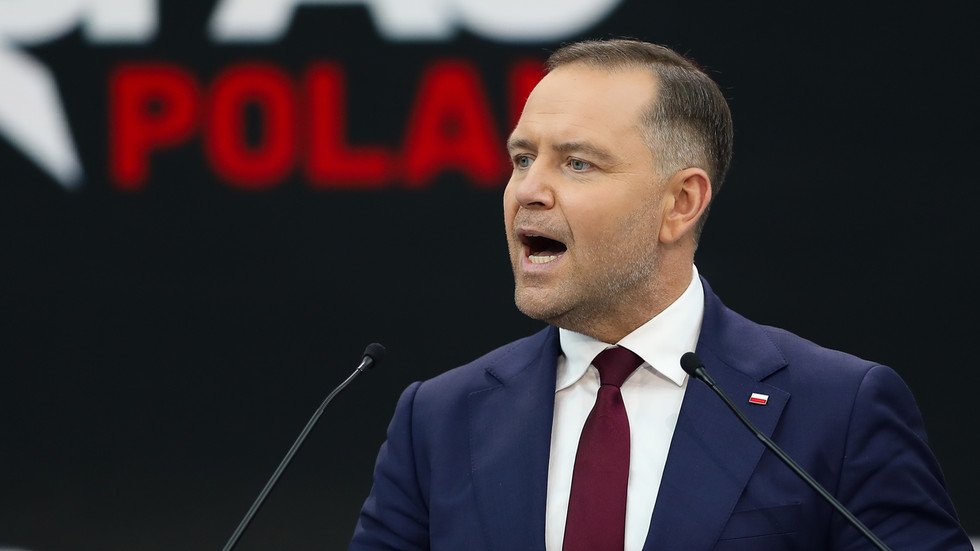Protests have erupted across France in response to proposed budget cuts announced by the country’s new prime minister, Sebastien Lecornu. Hundreds of thousands of people took to the streets, clashing with police in several cities, including Paris, Nantes, and Lyon. The demonstrations were sparked by austerity measures aimed at reducing the national budget by €44 billion, which include freezing tax rates, social benefits, and pensions.
The protests, which drew around one million people nationwide according to union group CGT, targeted the cuts unveiled by former Prime Minister Francois Bayrou over the summer. The proposals also included turning certain public holidays into working days. Bayrou’s government was ousted on September 8 after parliament rejected the plan, leading to a political crisis that brought Lecornu into office.
Police deployed tear gas to disperse protesters in Paris, where around 55,000 people marched, according to government estimates. Brief clashes were also reported in Nantes and Lyon, resulting in three injuries. The Interior Ministry reported that over 180 people were arrested, with 80,000 police and gendarmes deployed nationwide to maintain order.
The protests were marked by crowds waving flags, chanting slogans, and singing, with smoke from flares drifting over nearby buildings. Protesters demanded higher taxes on the wealthy, increased funding for public services, and the reversal of pension reforms. Unions reported that up to 45% of teachers walked out, while the Education Ministry estimated lower figures.
The demonstrations caused disruptions to public services, including metro and regional train services in Paris. High-speed lines, however, operated normally. The authorities worked to restore order and maintain public safety as the protests continued.
The ongoing unrest in France highlights the deep-seated concerns among the population regarding the government’s economic policies. The proposed budget cuts have sparked widespread opposition, with many calling for alternative measures to address the country’s financial situation. As the situation continues to unfold, it remains to be seen how the government will respond to the protests and address the concerns of its citizens.



